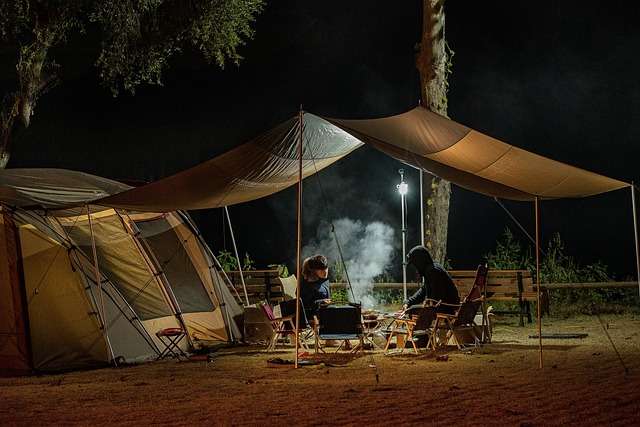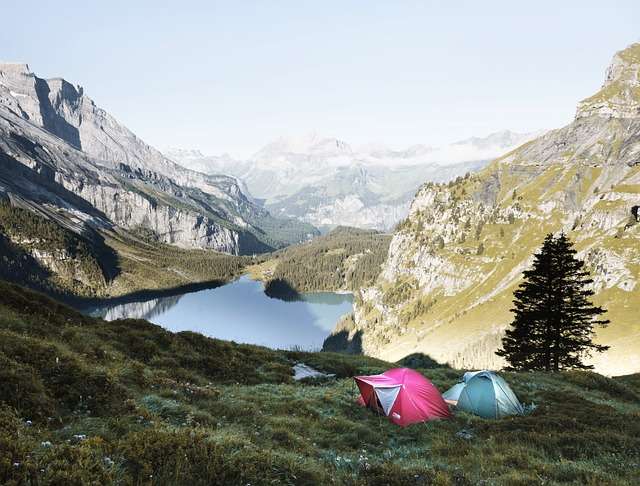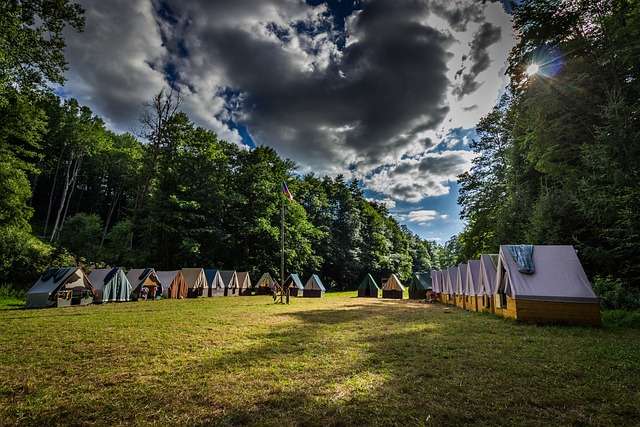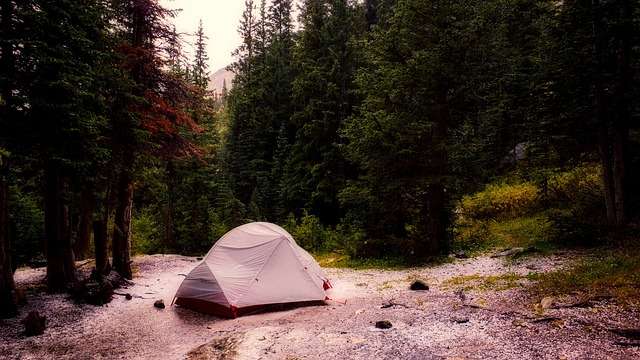Taking refuge in nature and setting up camp under the stars can be both invigorating and relaxing. But how do you maintain comfort in a tent on those blistering summer days when the heat seems to penetrate everything? Just as you prioritize safety when camping, learning how to cool a tent when camping is an essential skill that will transform your outdoor experience. This guide uncovers multiple strategies to beat the heat and stay cool on your camping adventures.
Choosing the Right Tent
Having the right tent can make all the difference in your camping experience. A tent isn’t just a place to rest—it’s a sanctuary that should keep you safe from external elements, including heat.
Ventilation
Ventilation is the key to a cooler tent, so opt for designs with plenty of mesh windows and vents. A tent with a good ventilation system encourages maximum airflow, reducing the indoor temperature of your tent.
Size
Size matters when it comes to choosing a tent for camping in a hot climate. A bigger, more spacious tent is better for air circulation, resulting in a cooler place to rest and relax.
Color
The color of your tent can also affect how much heat it absorbs or reflects. Light-colored tents reflect more sunlight than dark-colored ones, making them a cooler choice for camping in hot conditions.

Select the Perfect Campsite
When it comes to tackling the heat, location plays a pivotal role.
Shade
Choose a campsite that offers plenty of natural shade—like under tall trees—to keep your tent cool. The shade will not only provide respite from the sun’s heat but also offer some protection against harmful UV rays.
Wind
Understanding the wind direction can also help in cooling your tent. Set up your tent in a location where it can catch the breeze, opening up the vents and windows to allow the wind to flow through.
Proximity to Water
Water bodies are natural cooling agents. If available, set up camp near a water source like a river or lake. The evaporative cooling effect of the water will help in reducing the temperature of your surroundings.

Customize Your Tent for Maximum Cooling
With a few clever modifications, you can turn your ordinary tent into a cool refuge.
Reflective Tarps or Blankets
Invest in reflective tarps or emergency blankets and drape them over your tent. Reflective materials deflect sunlight, preventing your tent from turning into a heat trap.
Portable Fans
Adding a small battery-powered or solar fan can drastically improve airflow and make the indoor environment more bearable.
DIY Air Conditioner
A cooler filled with ice and a small fan can act as a makeshift air conditioner, blowing cool air into your tent. This DIY hack can be a game-changer in extreme heat.

Properly Ventilate Your Tent
Good ventilation is pivotal to keeping your tent cool. Keep all the vents and windows open, encouraging air movement and reducing heat build-up. In the evenings, when the outside temperature drops, open up the tent to let the cooler air in. Consider investing in a mesh tent for use in scenarios of extreme heat; these tents provide unprecedented ventilation.
Smart Clothing Choices and Accessories
What you wear and carry for your camping trip can also influence your comfort level.
Clothing
Opt for lightweight, breathable materials like cotton or linen which wick sweat away, keeping you dry and cool.
Cooling Accessories
A wet bandana tied around your neck or a cooling towel can provide instant relief from the heat.
Tarp
Use a tarp to create an extra shaded area outside your tent. This additional space can serve as a cool lounging area during the day.

Proper Hydration and Rest
Finally, remember that dealing with the heat isn’t just about cooling your environment—it’s about taking care of your body too.
Hydration
Drink plenty of water and include food or drinks rich in electrolytes in your diet to ward off dehydration.
Rest
Adjust your sleep schedule to avoid spending time in the tent during peak heat. Plan your activities accordingly: take it easy during the hottest parts of the day and reserve the physically demanding tasks for cooler hours.
The key to staying cool while camping is adaptation—tailoring your tent, camping spot, and routines to the conditions at hand. With these strategies, you’ll know how to cool a tent when camping, ensuring you remain cool, safe, and comfortable. We hope this comprehensive guide enhances your outdoor adventures, enabling you to appreciate and enjoy the beauty around you—even in the sizzling heat of summer. For more tips and expert advice on camping and outdoor adventures, don’t forget to follow
Campiffy to stay up-to-date on the latest camping trends, tips, and tricks. Happy camping!
